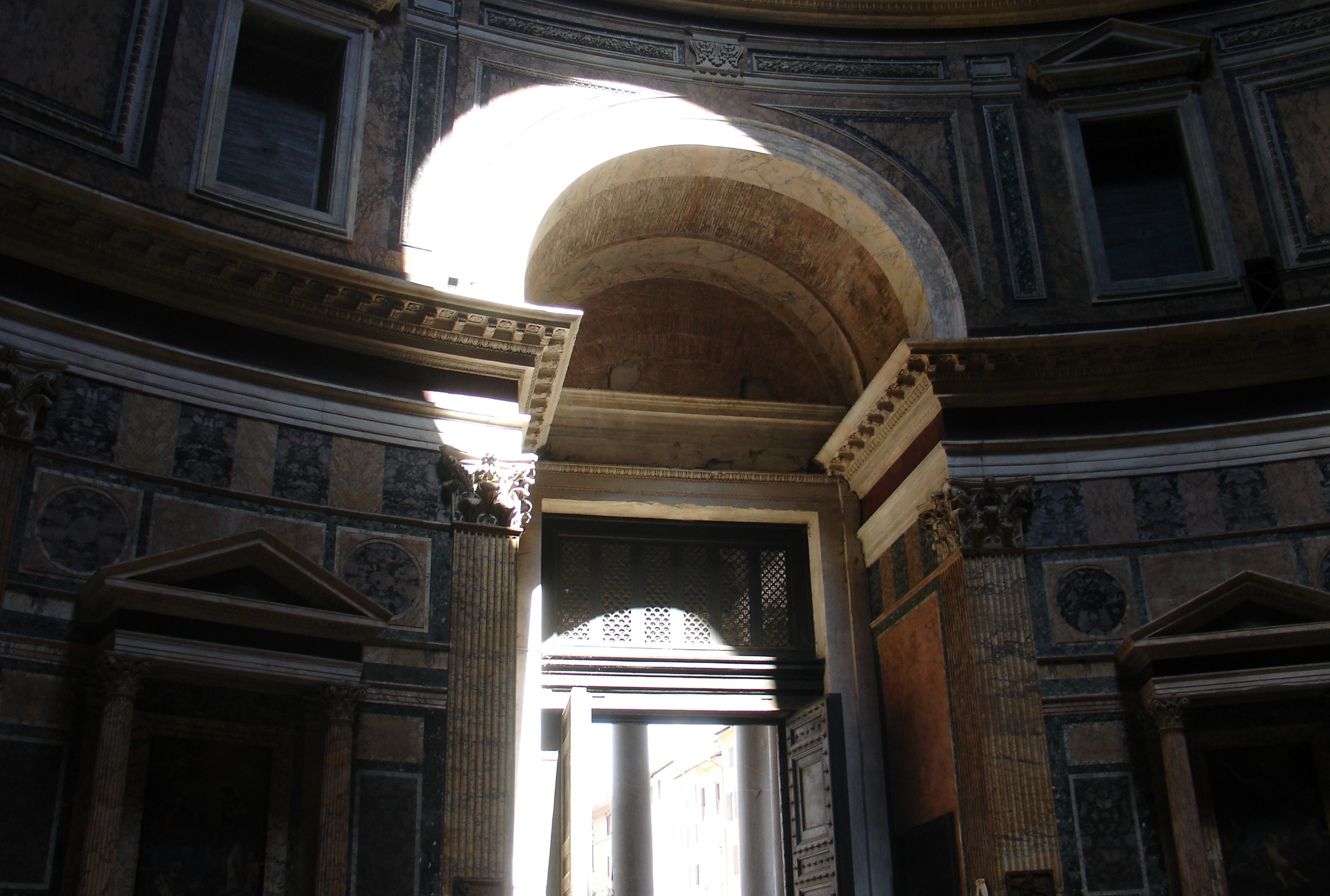Julius Caesar, heir to one of the great Patrician families of Rome began his career as a general. In this role, he managed to conquer Gaul (France) and Britain for Rome. As a successful general and as a member of the ruling elite, he naturally became involved in politics. Unlike most Patricians however, he built up a popularity among the working classes of Rome as well as military veterans who viewed him with respect as a good General. In 60BC, Caesar formed a political alliance with Crassus and Pompey, two equally successful politicians. You may recall Crassus as the famous General who defeated Spartacus and his slave rebellion. Eventually this political alliance fell apart and resulted in civil war, the outcome of which being that Caesar defeated his rivals and became the sole “mover & shaker” of Roman politics. He became in essence, what Vladimir Putin is today in Russia: the “mob-boss” who controls everything and everyone through threat, bribery, and “loyalty.” At this point, Cleopatra, the Pharoah of Egypt, and descendent of Ptolemy (Alexander the Great’s General), was in the process of having a civil war of her own – with her brother Ptolemy XIV. As the Roman Senate had been designated the executor of their fathers will, Julius Caesar went to Egypt in order to settle the dispute. In the process, he declared Cleopatra sole ruler and had an affair with her, resulting in a marriage and a child. Eventualy Caesar returned to Rome to cement his power over the Senate, but in the meantime a significant opposition had developed. A large group of Senators had decided Caesar was amassing too much power and was subverting the democratic principals of Roman government. At the same time, matters had been exacerbated by Caesar’s right hand man, Marc Antony, who regularly offended Patrician norms and scandalized Rome with displays of autocracy as well as more base offenses like public drunkenness and nudity. With Caesar’s return to Rome things got steadily worse as he began trying to implement more autocratic ruling methods, like those he had seen in Egypt. Eventually he went too far and bribed the Senate to declare him Dictator for Life, resulting in his assassination.
Rome now descended into another Civil War, which ended with power shared between Marc Antony and Octavian (Caesar’s nephew and heir). In order to increase his own power, Marc Antony allied himself with Egypt and accepted generous donations from Cleopatra to fuel his army and influence during and after the Civil War. Just like Caesar, Antony also had an affair with Cleopatra and ultimately married her. He moved his headquarters to Alexandria, the Egyptian capital and steadily antagonized Octavian who solidified his own base of control in the Senate. In the end, Antony alienated the roman public through his adoption of Egyptian culture and his clear allegiance to Cleopatra rather than Rome. War ensued, with Octavian on one side and Cleopatra and Antony on the other. Octavian saw himself as the patriotic defender of Roman authority while Antony & Cleopatra saw themselves as the defenders of independent nationhood against the domination of Rome. At the final great naval battle of Actium off the coast of Greece, Egypt was defeated. Antony and Cleopatra fled back to Alexandria and eventually committed suicide. Octavian, now referred to as “Augustus” (the Great – in Latin), marched his armies into Egypt, taking it as a new province of the Roman Empire. Augustus’ conquest of Egypt ended 3000 years of Egyptian history as an independent nation, and marked the beginning of autocratic monarchy in the Roman Empire. Augustus although never officially naming himself Emperor, came to control every branch or Roman Government. His successors would use his example to establish a permanent semi-hereditary monarchy which subjugated the Senate, and turned legislative Democracy into a fiction. After the defeat of Cleopatra, Rome increasingly became an autocracy, the Senate ceased to function as a real legislature, and Europe would not see another Democratic legislative body until the French Revolution.
